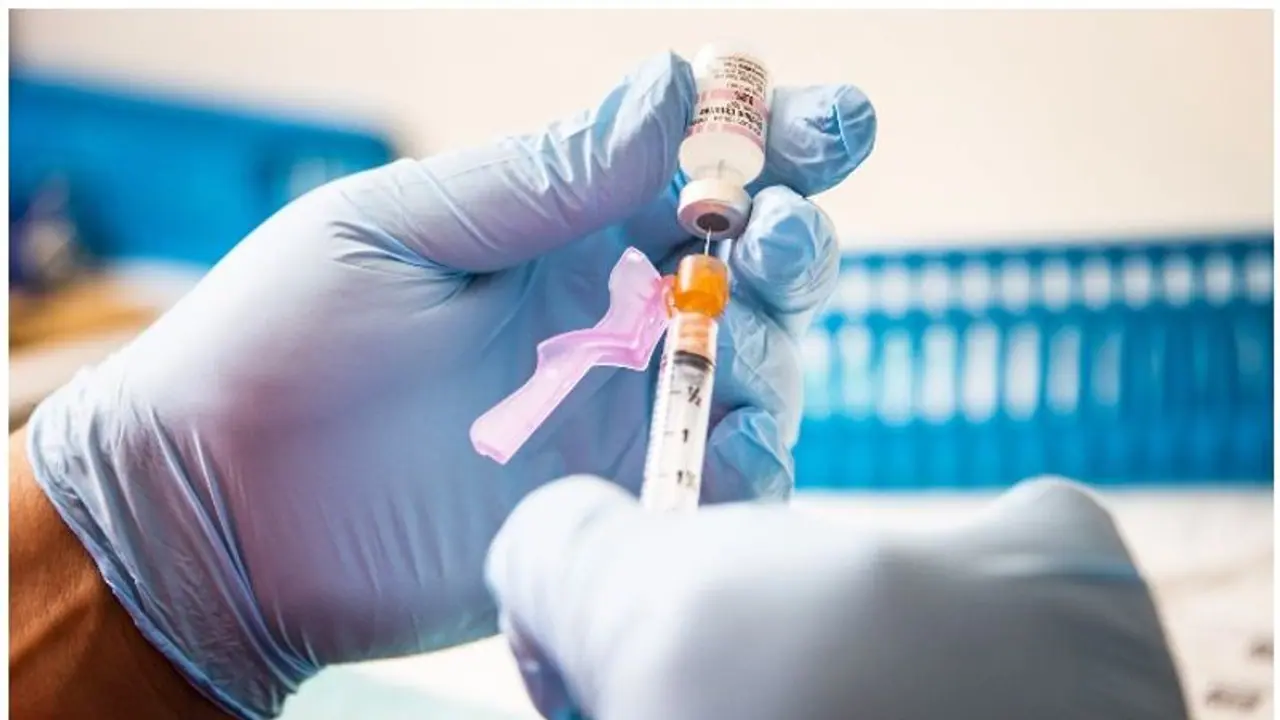Kariko, 66, created the basis for the mRNA vaccines, and Weissman, 62, has worked with her for many years. Kariko and colleagues at the University of Pennsylvania achieved a breakthrough by figuring out how to transfer mRNA without triggering the immune system.
Katalin Kariko, a Hungarian-born physician, and American Drew Weissman are top picks for the Nobel Prize in Medicine. Even though the epidemic is far from ended, the scientists behind the COVID-19 vaccinations may be in the hunt for the Nobel Prize in Medicine. Some scientists believe it is only a matter of time: if the effort that went into producing the vaccines is not recognised when this year's Nobel Prize is announced on Monday, it will receive the honour in subsequent years. Since the first cases of the new coronavirus were reported in 2019, more than 4.7 million people have died as a result of COVID-19, and many nations are still subject to harsh restrictions aimed at limiting its spread.

However, COVID- 19 vaccinations have enabled some rich states to recover to near-normalcy, while others have yet to get substantial amounts of vaccine doses. Other scientists regard Hungarian-born Katalin Kariko and American Drew Weissman as possible Nobel Prize winners for their Messenger ribonucleic acid (mRNA) vaccines. Moderna's mRNA vaccines and those produced by Pfizer and its German partner BioNTech have revolutionised the fight against the virus. They are both quick to create and extremely effective.
Also Read | 37% of COVID-19 recovered patients reported at least one long-term symptom: Oxford study
Ali Mirazami, a professor at Sweden's Karolinska Institute's Department of Laboratory Medicine, predicted that this approach would win the award sooner or later, but not when. Traditional vaccinations, which involve introducing a weakened or dead virus into the body to activate the immune system, can take a decade or more to produce. In 63 days, Moderna's mRNA vaccine progressed from gene sequencing to the first human injection. The messenger RNA (mRNA) transports information from the body's DNA to its cells, instructing them to produce the proteins required for vital activities such as coordinating biological processes such as digestion or combating disease.
The new vaccines employ laboratory-created mRNA to guide cells to produce the coronavirus' spike proteins, which stimulate the immune system without reproducing like the virus. The mRNA method was discovered in 1961, but it took scientists decades to cure it of instability and produce inflammatory disorders.
Also Read | Study reveals 3D printed vaccine patch provides greater protection than traditional shots
Kariko, 66, created the basis for the mRNA vaccines, and Weissman, 62, has worked with her for many years. Kariko and colleagues at the University of Pennsylvania achieved a breakthrough by figuring out how to transfer mRNA without triggering the immune system. Alfred Nobel established the Nobel Prize, which is presented for contributions in Medicine, Chemistry, Literature, Peace, and Physics. The prizes for this year will be announced between October 4 and 11, beginning with Medicine.
